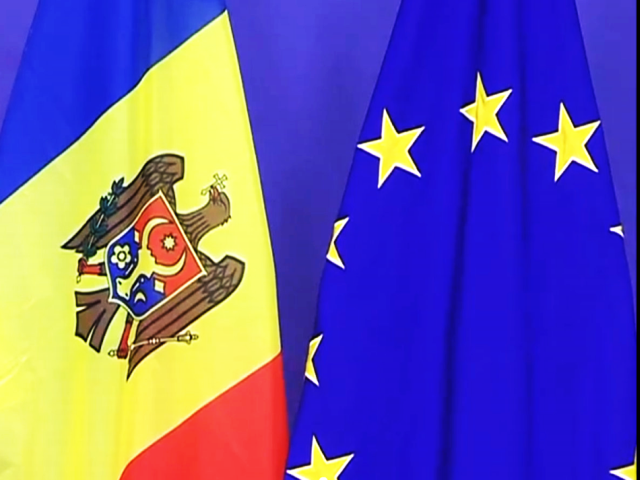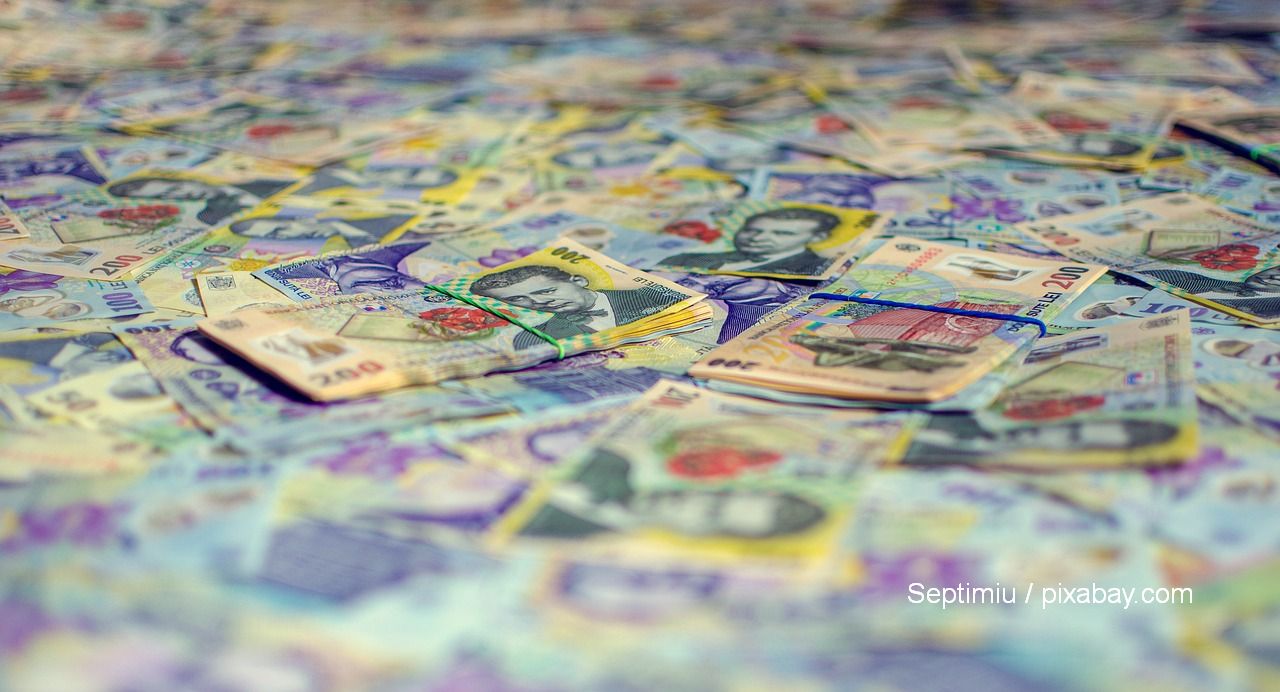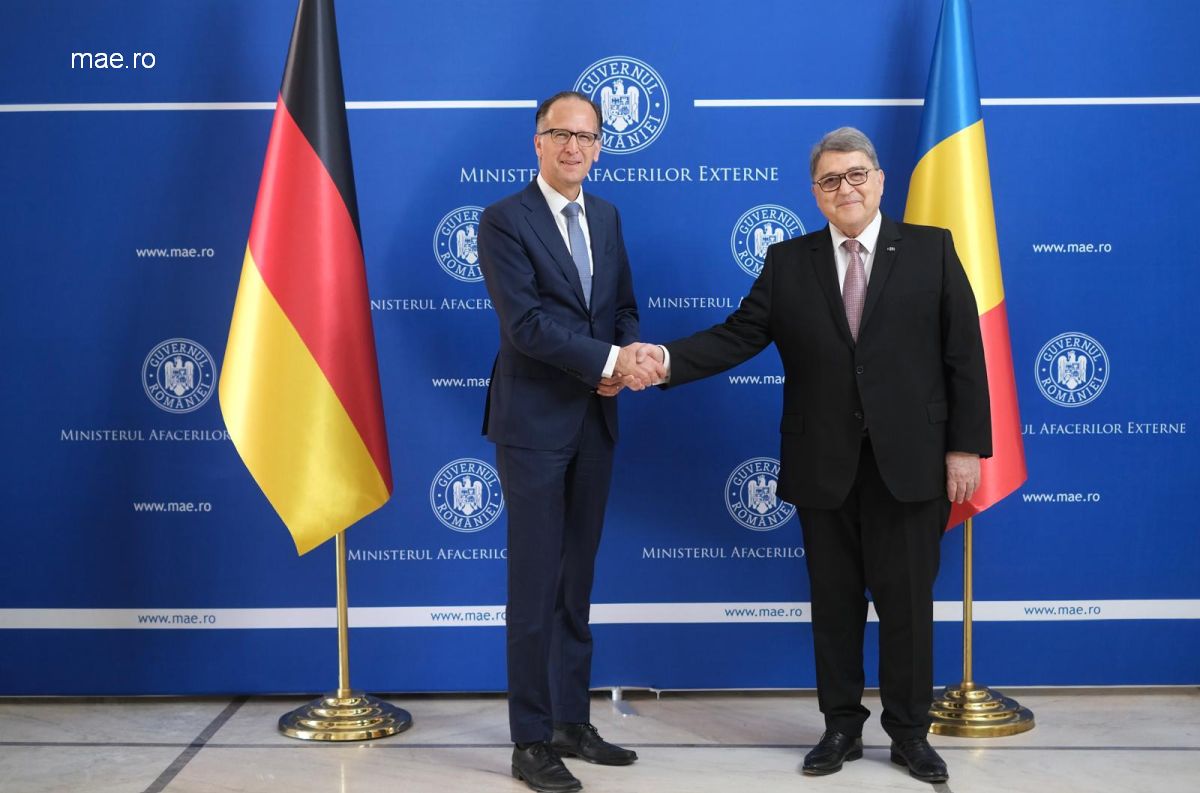The Republic of Moldova and Europe
According to the Romanian Foreign Minister Titus Corlatean, 2014 might bring huge progress for Moldova's Euorpean integration efforts.

Bogdan Matei, 02.09.2014, 13:31
Next to war-torn Ukraine, another ex-Soviet state is, by comparison, a remarkable model of stability and the success story of the EU Eastern Partnership. True enough, there is room for better in the Republic of Moldova. Corruption and poverty are still widespread, the pro-Russian separatist region of Transdniestr has been out of the control of central authorities for two decades now, and the leftists in Moldova’s Parliament often seem to take their orders from Moscow. But under the guidance of a pro-Western three-party coalition in power since 2009, the Republic of Moldova has boldly played its EU accession card and is already enjoying the benefits of the consistency and courage with which it implemented the required reforms.
After signing the EU free trade and association agreements in June, the Republic of Moldova received a new message of support from its Western partners. The EU foreign ministers convened on Monday for a meeting of the EU Action Group for Moldova. Chaired by Romania and France, the meeting was not held, as usual, in Brussels or Luxembourg, but in Chisinau, at the initiative of the Romanian Foreign Minister Titus Corlatean. Here is what he said:
“The EU is quite careful, committed to and supportive of the Republic of Moldova’s European efforts, of the domestic reform process which ultimately target the modernization of the Moldovan society, its embracing the EU system of political, democratic and economic values, and a better life for each and every one of its citizens.”
The host of the meeting, the Moldovan Foreign Minister Natalia Gherman, explained:
“I discussed with my colleagues from the EU member states the specific means by which our country can be further supported in reaching the goals laid down in the Association Agreement, and, in particular, in Moldova’s gradual integration in the EU internal market.”
Attending the meeting in Chisinau, the European Commissioner for Enlargement Stefan Fule criticized what he called “the illegitimate pressure from a big country to the east,” and summarized Brussels’ intentions as follows: to build an independent, prosperous and united Republic of Moldova, a strong partner for the European Union.






























